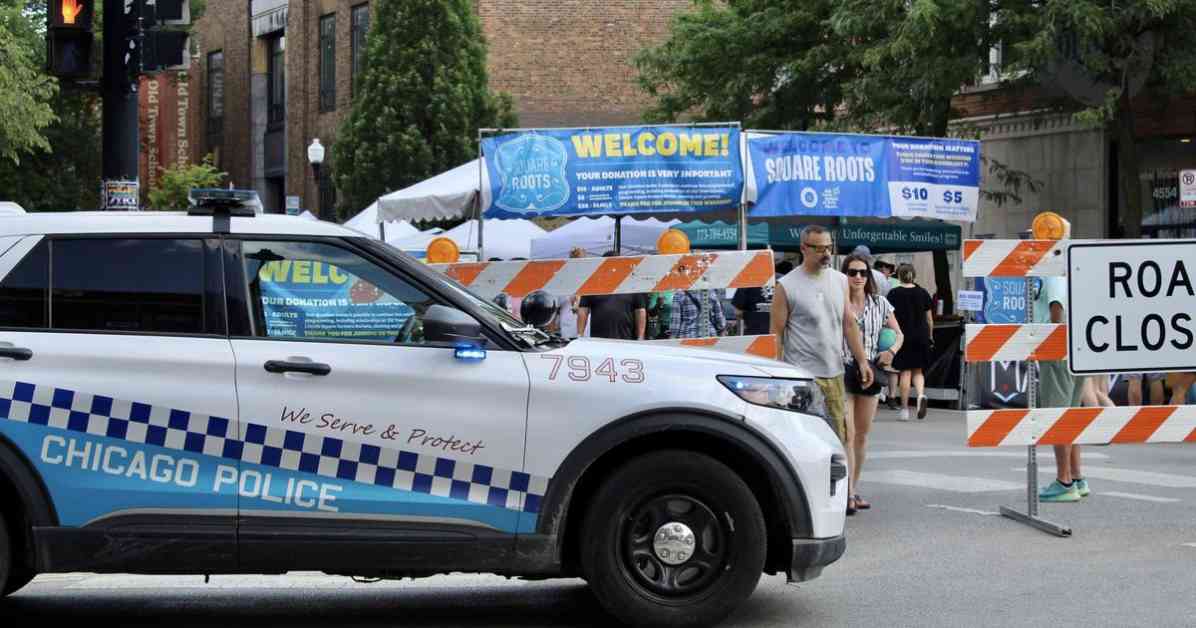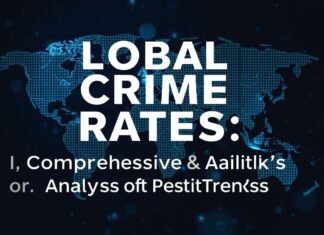Chicago has been host to hundreds of street festivals annually, with nearly 2,800 police officers working a combined total of 27,000 hours of overtime to ensure the safety of attendees. However, the cost of this police overtime has gone unpaid by event organizers, leading to concerns about the impact on taxpayers. Last week, alderpeople questioned city officials about the resources allocated to these festivals, especially at a time when the police department is facing a significant decline in staffing.
While the city law requires event organizers to pay for police resources in excess of 12 shifts, there has been a lack of transparency in enforcing this regulation. The Department of Finance was unable to produce invoices for police overtime at street festivals, raising questions about accountability and equity in the allocation of resources. Aldermen are calling for a clearer system of reimbursement and cost analysis to ensure that taxpayers are not unfairly burdened with the costs of policing these events.
In addition to police overtime, the city provides various concessions to event organizers, including discounted street closures and covering the cost of taking parking meters offline. However, the hidden costs of hosting large-scale events, such as revenue loss from parking meters, are putting a strain on the city’s budget. With a nearly $1 billion budget gap looming, officials are under pressure to address the financial implications of these festivals.
Despite the economic benefits that street festivals bring to local economies, organizers are facing challenges in covering the rising production costs. Some events have even had to shut down due to low sponsorships and increasing expenses. The debate over who should bear the costs of police overtime at these festivals continues, with event producers arguing that requiring them to pay for security measures would make most events financially unsustainable.
As the city grapples with these issues, alderpeople are pushing for a more equitable and transparent system for managing large events. The impact of these festivals on police resources and officer burnout is a growing concern, especially when hundreds of officers are pulled from neighborhoods to staff events like Lollapalooza and Pride Fest. Finding a balance between supporting these cultural events and ensuring the safety and well-being of neighborhoods remains a key challenge for city officials moving forward.























